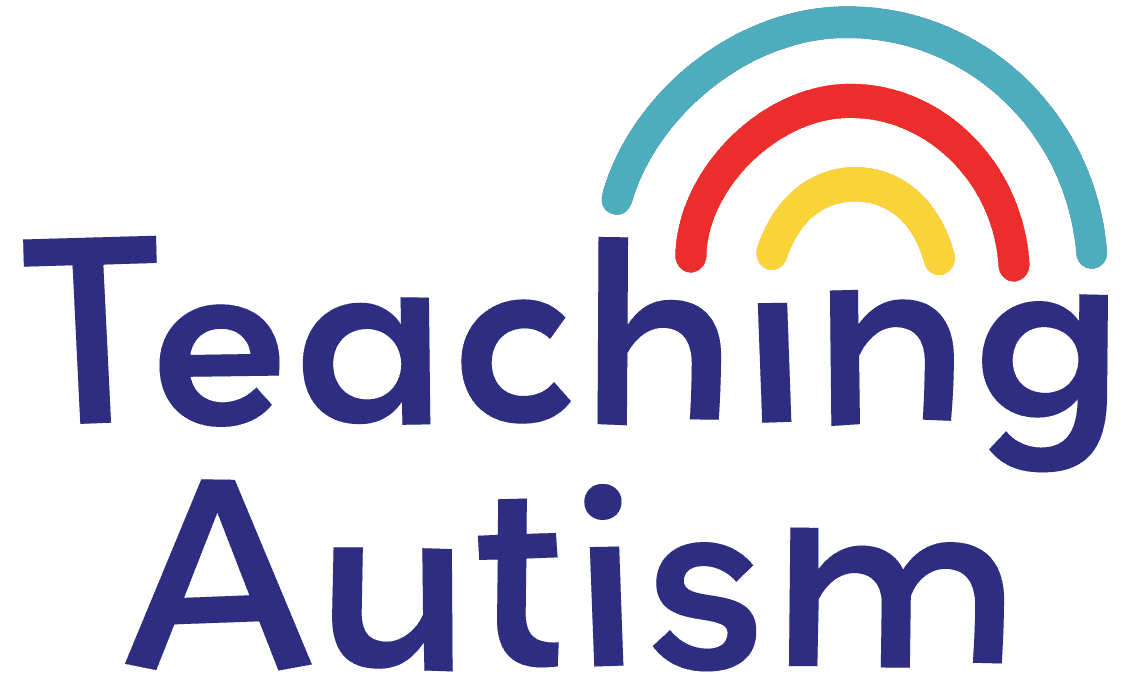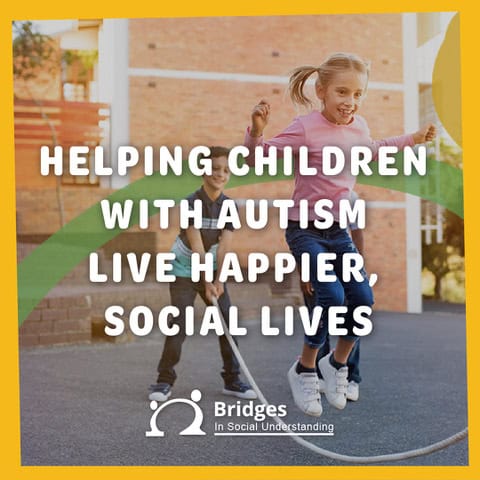Teaching Social Skills to Autistic Students : Strategies for Success
Teaching Social Skills to Autistic Students : Strategies for Success
Research has shown that social skills are a significant challenge for autistic individuals. Studies have found that autistic individuals exhibit lower levels of social interaction, communication, and emotional expression compared to their neurotypical peers. However, there are various interventions that can improve social skills for our students.
Teaching social skills to our students can be a challenging task, but it is also one of the most rewarding experiences you can have as an educator. Social skills are essential for students to build relationships, communicate effectively, and navigate social situations in their daily lives. In this blog post, I am going discuss strategies for successfully teaching social skills to students with special needs.
1. Understand Your Student’s Needs
The first step in teaching social skills is to understand your student’s individual needs. Every student is unique, and their social skills struggles may be different to each other. As an educator, it is essential to understand your student’s strengths and weaknesses and tailor your teaching approach accordingly.
2. Use Visual Aids
Many, if not all, of our students are visual learners. Using visual aids, such as pictures, diagrams, or videos, can help our students to understand social concepts better. For example, you can use social storybooks to teach social skills in a simple and direct manner.
3. Role-Playing
Role-playing is an effective way to teach social skills. It allows your students to practice social skills in a safe and controlled environment. You can create scenarios that the student is likely to encounter in real life, such as asking for help or joining a conversation, and have them practice the appropriate social skills.
I love to use these social skills cards for working on this.
4. Positive Reinforcement
Positive reinforcement is a powerful tool for teaching social skills. When a student exhibits a positive social behavior, such as sharing or taking turns, praise them immediately. Positive reinforcement helps students understand what behaviors are expected of them and encourages them to continue exhibiting positive social skills.
5. Group Work
Group settings provide an excellent opportunity for students to practice social skills in a natural environment. You can create group activities that require social interaction, such as board games or team-building activities. Group settings also provide opportunities for peer modeling, where students can learn from their peers’ positive social behaviors.
6. Manageable Steps
Break down social skills into manageable steps. Social skills can be complex and overwhelming for our students. Breaking down social skills into manageable steps can help students understand the social concept better.
7. Use Technology
Technology can be an effective tool for teaching social skills. There are many social skills apps and games available that can help students learn social skills in a fun and engaging way. You can also use video modeling, where students watch videos of social situations and learn from them.
10 Social Skills Activities for Teaching Social Skills to Autistic Students
- Role-playing
Role-playing can be an excellent way for special education students to practice social interactions and communication. Students can practice situations like introducing themselves, asking for help, or apologizing. - Group games
Group games can help special education students learn how to interact with others in a fun and engaging way. Games like “Simon Says,” “Red Light, Green Light,” and “Duck, Duck, Goose” can be adapted to meet the needs of different learners. - Social stories
Social stories are short narratives that can help special education students learn social skills. These stories can cover topics like sharing, taking turns, and making friends. Download some here. - Collaborative projects
Working together on a project can help students develop teamwork and communication skills. For example, students can work together to create a class mural or put on a skit. - Peer tutoring
Pairing special education students with neurotypical peers can be an effective way to help them develop social skills. The typically developing peers can model appropriate social behavior and provide feedback. - Circle time
Circle time can be a useful tool for helping students learn social skills. During circle time, students can practice taking turns, listening to others, and sharing their own thoughts and feelings. - Social skills groups
Students can benefit from participating in social skills groups. These groups can be led by a teacher or a counselor and can focus on topics like communication, conflict resolution, and friendship skills. - Community outings
Outings to places like museums, parks, and libraries can provide students with opportunities to practice social skills in real-life situations. - Mindfulness activities
Mindfulness activities like deep breathing and meditation can help students regulate their emotions and develop self-awareness, which can be useful in social situations. - Positive reinforcement
Providing positive reinforcement for appropriate social behavior can help students learn and maintain these skills. Praise, stickers, and other rewards can be effective motivators.
Five Benefits of Teaching Social Skills to Autistic Students
If you’re still wondering what the benefits of teaching social skills are, here are 5 quick ones;
- Improved Communication: One of the biggest benefits of working on social skills with students is that it can help improve their communication skills. This can include both verbal and non-verbal communication.
- Increased Self-Confidence: As students improve their social skills, they may also experience increased self-confidence. This can help them feel more comfortable in social situations and improve their overall quality of life.
- Better Relationships: Social skills training can help students build stronger relationships with their peers, family members, and others. This can lead to a more positive social support network and improved mental health outcomes.
- Greater Independence: Improved social skills can also help students become more independent. This can include being able to navigate social situations more effectively without relying on others for support.
- Enhanced Career Opportunities: Finally, social skills training can help students prepare for future career opportunities. Many jobs require strong social skills, and by developing these skills early on, students with autism can increase their chances of success in the workplace.
Teaching social skills to students requires patience, creativity, and a willingness to understand the student’s needs. By using these strategies, you can help students develop the social skills they need to succeed in their daily lives.
Remember, every student is unique, and what works for one student may not work for another. Keep trying different strategies until you find the ones that work best for your student.
You can find a range of social skills activities here;
- Conversation Starter Cards
- How Would You Feel? Discussion Cards
- What Happens Next? Discussion Cards
- Social Stories
If you found this ‘Teaching Social Skills to Autistic Students: Strategies for Success’ blog post helpful, please consider sharing it with your friends and colleagues.
Nikki
P.S. Have you signed up for a 3 day free trial of our VIP membership yet? If not, click here to do it now and go and get access to a huge range of resources, templates, crafts and more for free.





One Comment